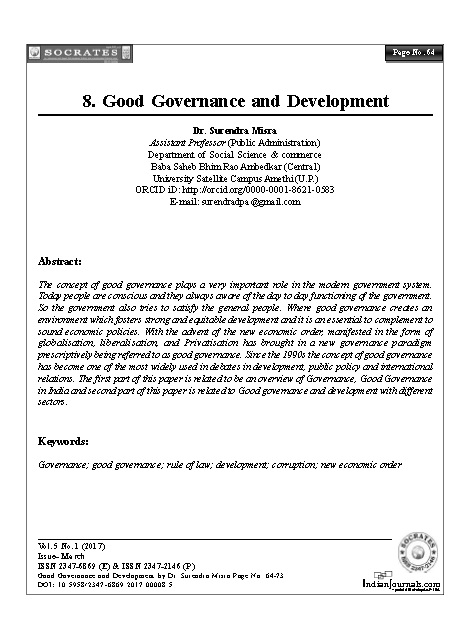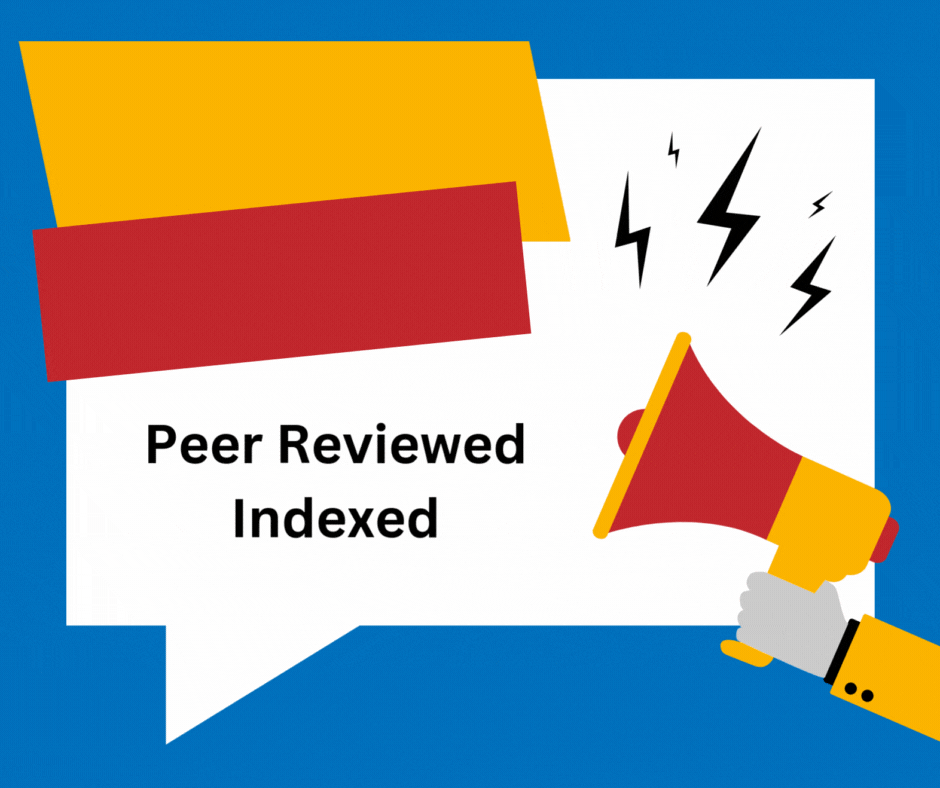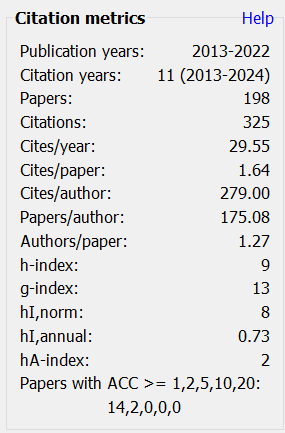Good Governance and Development
DOI:
https://doi.org/10.5958/2347-6869.2017.00008.5Keywords:
Governance, Good governance, Rule of Law, Development, Corruption, New Economic orderAbstract
The concept of good governance plays a very important role in the modern government system. Today people are conscious and they always aware of the day to day functioning of the government. So the government also tries to satisfy the general people. Where good governance creates an environment which fosters strong and equitable development and it is an essential to complement to sound economic policies. With the advent of the new economic order, manifested in the form of globalisation, liberalisation, and Privatisation has brought in a new governance paradigm prescriptively being referred to as good governance. Since the 1990s the concept of good governance has become one of the most widely used in debates in development, public policy and international relations. The first part of this paper is related to be an overview of Governance, Good Governance in India and second part of this paper is related to Good governance and development with different sectors.
Article DOI : 10.5958/2347-6869.2017.00008.5
Downloads
Metrics
References
Rist, Gilbert.(1997). The History of Development: From Western Origins to Global Faith. Zed Books: London and New York. Pp. 71-72.
Arora, R.K.(2014). Ethics Integrity and Values in Public Administration. New Age International Publishers, New Delhi, page 402.
Chakrabarty, Bidyut and Prakash, Chand. Public Administration in a Globalizing World-Theories and Practices. Sage Publication, New Delhi, pp. 135-45
Arora, R.K.(2014). Ethics Integrity and Values in Public Administration. New Age International Publishers, New Delhi, page 403.
Government of India. (2002). Tenth Five Year Plan (2002-2007), Dimensions and Strategies, Vol.I. Planning Commission, New Delhi
Chandhoke, Neera. (2003). Governance and the Pluralisation of the State: Implications for Democratic Citizenship. Economic and Political Weekly, 38(28): 2957-68
Lecture delivered by Shri B.K. Chaturvedi, Member Planning Commission, at University of Lucknow, Governance and Development, Lecture series organized on 16.11.2007.
Windsor, J. (2001). Democracy and Development: The Evolution of U.S. Foreign Assistance Policy. Freedom House. Page. 143.
Windsor, J. (2001). Democracy and Development: The Evolution of U.S. Foreign Assistance Policy. Freedom House. Page.145.
Jasim uddin , Mohammad and Joya, Ashrafun Laila, Development Through Good Government: Lessons For Developing Countries, Asian Affairs, Vol. 29, No. 3 :1-28, page 15 July-September, 2007
Windsor, J. (2001), Democracy and Development: The Evolution of U.S. Foreign Assistance Policy, Freedom House. Page.145.
Hirst, Paul (2000), ‘Democracy and Governance’ in Pierre, jon (ed.), Debating Governance- Authority, Steering and Democracy, Oxford University Press, Oxford, Page 14.
Rose-Ackerman, Susan (1999), Corruption and Government: Causes, Consequences and Reform, Cambridge University Press pp. 4-7
Kaufmann, D, A, Kraay and P. Zoido (2000), Governance Matters: From Measurement to Action (<www.emf.org/external/pubs/ft/fandd/2000/06/kauf.htm.)
Keefer, Philip and Stephen, Knack (1995). “Institution and Economic Performance: Cross-Country Test Using Alternative Institutional Measures”, Economic and Politics, 7: 207-227
Mauro, Paolo (1998), “Corruption and the Composition of Government Expenditure”, Journal of Public Economics, 69: 263-279.
Tanzi, Vitro and Hamid Davoodi (1997), ‘Corruption, Public Investment and Growth’. IMF Working Paper, Washington DC: International Monetary Fund, October.

Downloads
Published
How to Cite
Issue
Section
License
Copyright (c) 2017 Misra Surendra

This work is licensed under a Creative Commons Attribution-NonCommercial 4.0 International License.
Revised Copyright/CC license that applies to all the articles published after 05-02-2017
Attribution-NonCommercial 4.0 International (CC BY-NC 4.0)

Copyright/CC license that applies to all the articles published before 05-02-2017
Attribution-Non Commercial-No Derivatives 4.0 International (CC BY-NC-ND 4.0)

Author(s) will retain all the right except commercial and re-publishing rights. In the case of re-publishing, they will have to obtain written permission from the journal. Additional licensing agreements (Creative Commons licenses) grants rights to readers to copy, distribute, display and perform the work as long as you give the original author(s) credit, they can not use the works for commercial purposes and are not allowed to alter, transform, or build upon the work. For any reuse or distribution, readers and users must make clear to others the license terms of this work. Any of these conditions can be waived if you get permission from the copyright holders. Nothing in this license impairs or restricts the authors’ rights. To view a copy of this license, visit http://creativecommons.org/licenses/by-nc-nd/4.0/ or send a letter to Creative Commons, 171 Second Street, Suite 300, San Francisco, California, 94105, USA.
Research Papers published in SOCRATES are licensed under an Attribution-NonCommercial-NoDerivatives 4.0 International (CC BY-NC-ND 4.0)
















